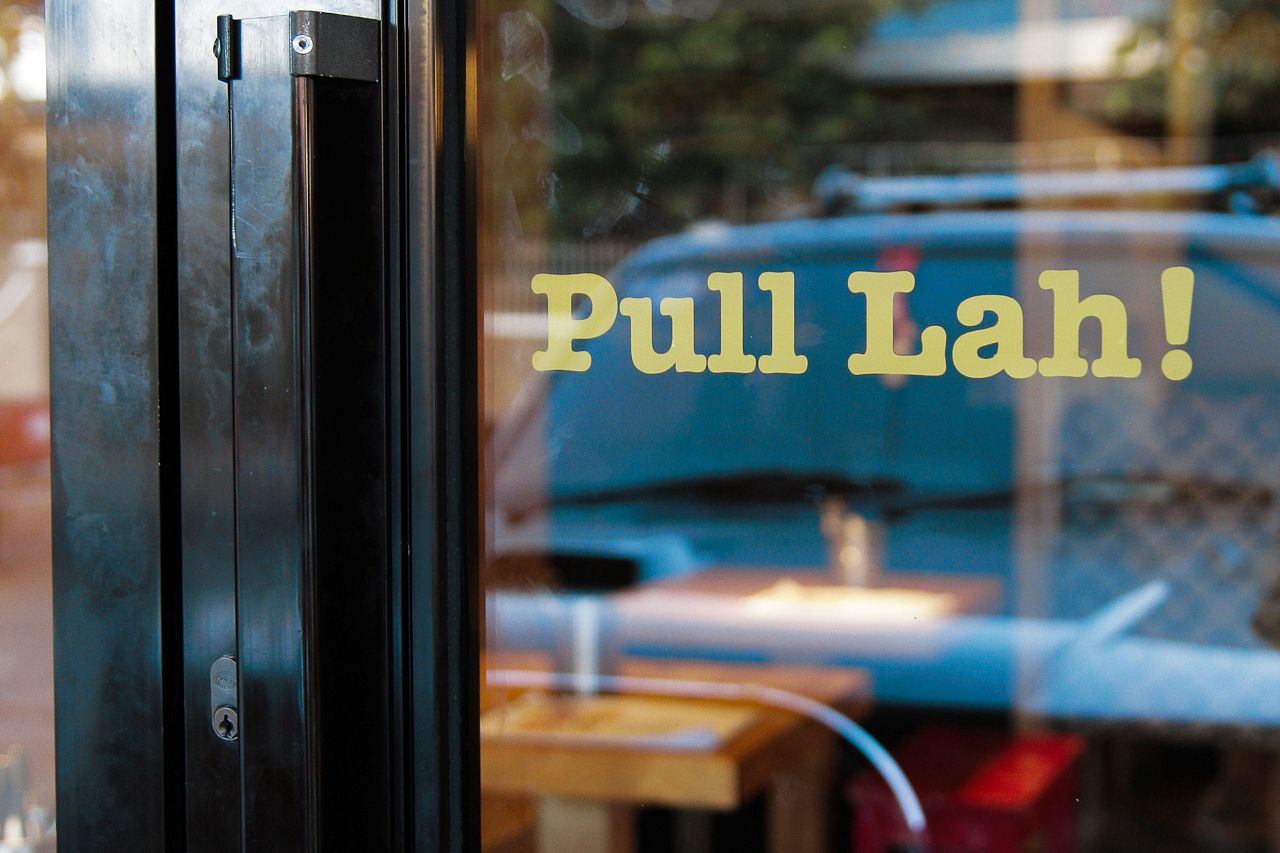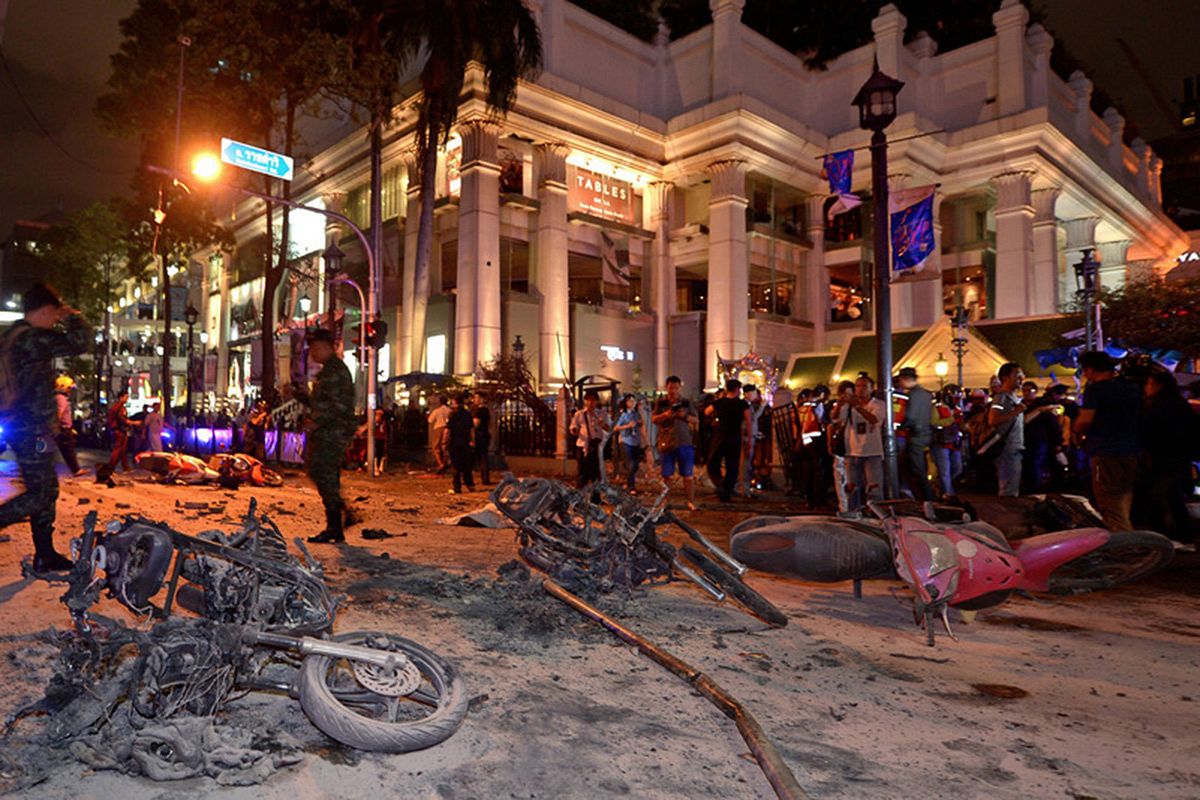A new report has found that supporters of Indonesia's LGBT community are facing increasingly violent, personal threats in the country.
Front Line Defenders, a human rights watchdog group based in Ireland, released a report called "Attacks on LGBT Rights Defenders Escalating in Indonesia" last Friday, Channel News Asia shares.
The organization interviewed 25 human rights advocates in the Southeast Asian nation working on an issue known as SOGIE, short for sexual orientation, gender identity and expression. Twenty-three of the 25 interviewees shared that thay had received death threats since the start of last year.
Additionally, the report states: "Their partners or family members have been beaten, tortured, and sexually assaulted in detention in an attempt to intimidate them into stopping their work."
According to the news source, direct threats came through phone calls, online calls and physical attacks during events held for the LGBT community.
Andrew Anderson, executive director at Front Line Defenders, told the news source: "Our investigation illustrates that the government's own crackdown on LGBT rights in 2016 emboldened those who want to terrorize human rights defenders [HRDs] into silence. Ongoing police raids and a failure to respond to attacks against HRDs send the message that violence against peaceful activists is acceptable in Indonesia."
A 2013 survey by the Pew Research Center, the highly regarded polling center, found that only 3% of Indonesians believed society should accept homosexuality. Channel News Asia explains that this social topic is often associated with immorality, Western intervention and mental illness in Indonesia.
It has been a tough year for members of the country's LGBT community and their advocates. In May two young men were caned 83 times in highly conservative Aceh Province for having sex with each other.
Two months later, one of Indonesia's largest Muslim organizations called for a boycott of Starbucks over their support for LGBT rights.
Such actions follow the Indonesian government's ban of same-sex emojis on instant messaging apps, which went into force in February 2016.
[Photo via Channel News Asia]














